Market Trends
Key Emerging Trends in the Reusable Water Bottle Market
In recent years, the market for reusable water bottles has experienced a significant surge in popularity, reflecting a growing global consciousness about environmental sustainability and health consciousness. This market trend is driven by a variety of factors, including an increasing awareness of single-use plastic pollution and a desire to reduce personal plastic consumption. Consumers are increasingly opting for reusable alternatives to traditional single-use plastic water bottles, recognizing the environmental benefits of reducing waste and minimizing their carbon footprint.
Over the past few years, the market for reusable water bottles has expanded significantly due to an increase in demand for them in both sports and travel.
One notable trend in the reusable water bottle market is the diversification of product offerings. Manufacturers are responding to consumer demand for a wide range of options, including different materials, designs, sizes, and features. Stainless steel, glass, and BPA-free plastic are among the most popular materials used in reusable water bottles, each offering its own set of benefits and appealing to different consumer preferences. Furthermore, customization options such as personalized designs, colors, and patterns are becoming increasingly available, catering to individuals seeking unique and stylish alternatives to disposable bottles.
Another key trend driving the reusable water bottle market is the emphasis on functionality and convenience. Manufacturers are innovating to create bottles that are not only environmentally friendly but also practical for everyday use. Features such as leak-proof lids, insulated walls to maintain beverage temperature, and ergonomic designs for easy handling are becoming standard in many reusable bottle designs. Additionally, the rise of multifunctional bottles that incorporate additional features such as built-in filtration systems or compartments for storing snacks or supplements reflects a growing demand for versatile and adaptable products.
Social and cultural factors also play a significant role in shaping market trends within the reusable water bottle industry. The increasing influence of social media and online platforms has facilitated the sharing of information and trends related to sustainable living, encouraging individuals to adopt reusable practices such as using refillable water bottles. Additionally, initiatives promoting environmental awareness, such as campaigns to reduce plastic waste and government regulations aimed at curbing single-use plastics, have contributed to a shift in consumer behavior towards more eco-friendly alternatives.
Furthermore, the growing popularity of outdoor activities and fitness lifestyles has fueled demand for durable and portable water bottles that can withstand rugged conditions. Reusable water bottles designed for outdoor enthusiasts often feature rugged construction, lightweight materials, and convenient attachment points for easy carrying during activities such as hiking, camping, or cycling. This segment of the market appeals to individuals seeking environmentally friendly hydration solutions that align with their active lifestyles.
The emergence of sustainability as a core value for many consumers has also led to increased scrutiny of the production and supply chains within the reusable water bottle industry. As a result, there is a growing demand for transparency and accountability from manufacturers regarding their sourcing practices, production methods, and overall environmental impact. Brands that prioritize ethical and sustainable practices, such as using recycled materials, reducing energy consumption, and supporting fair labor standards, are gaining favor among environmentally conscious consumers.


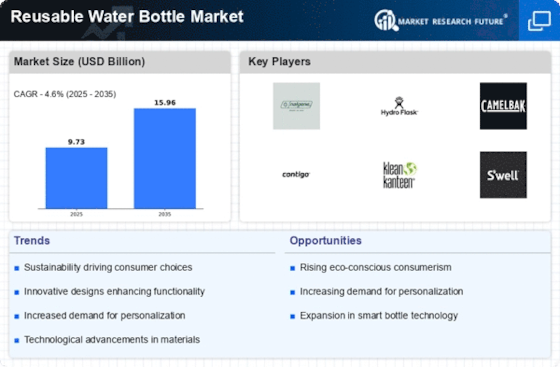
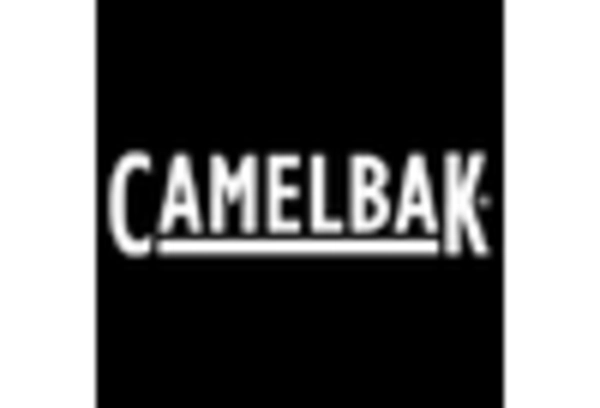
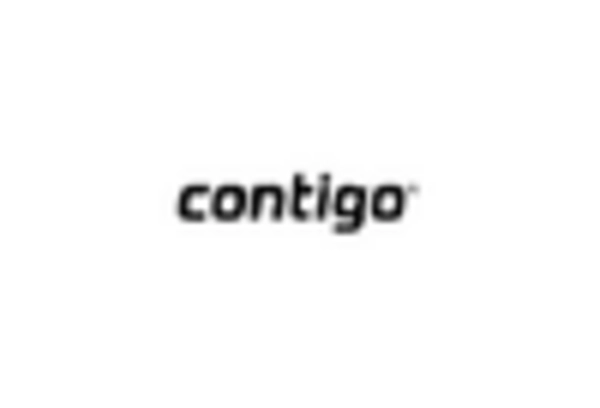
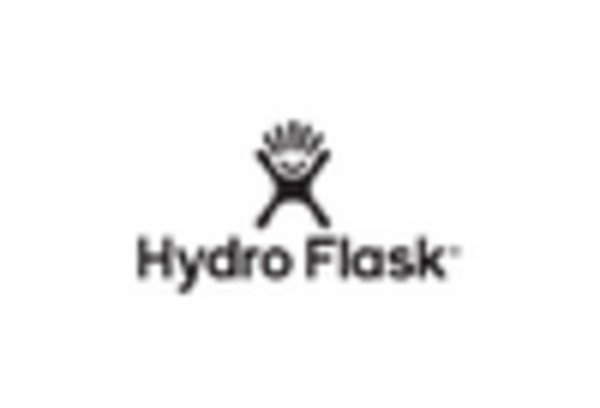
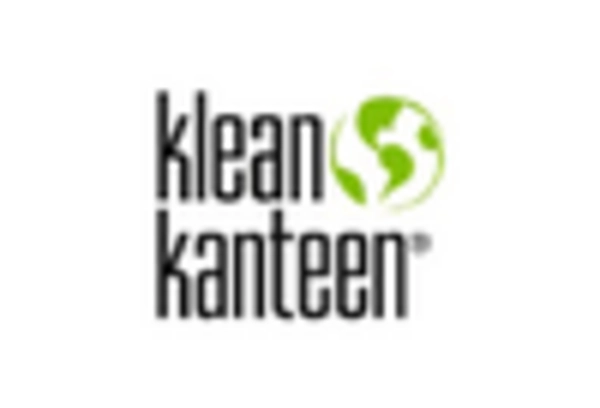
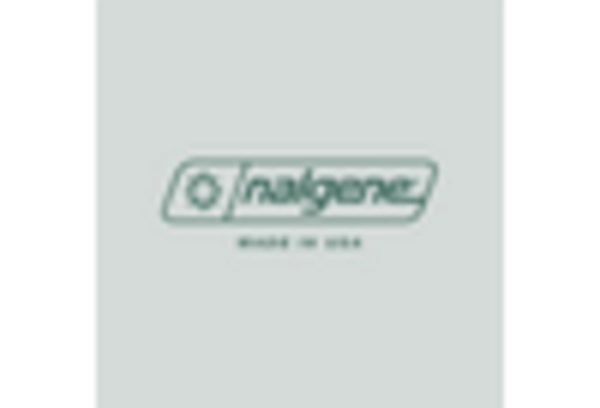
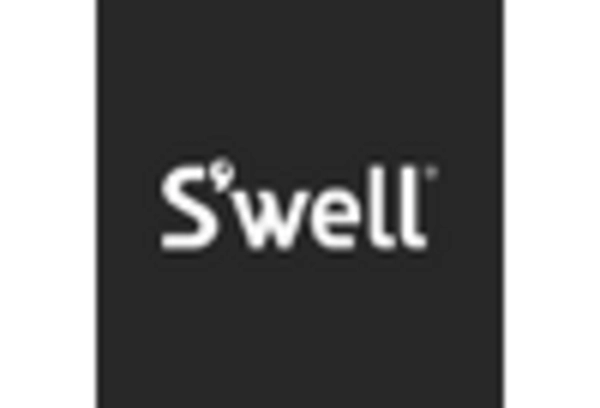









Leave a Comment